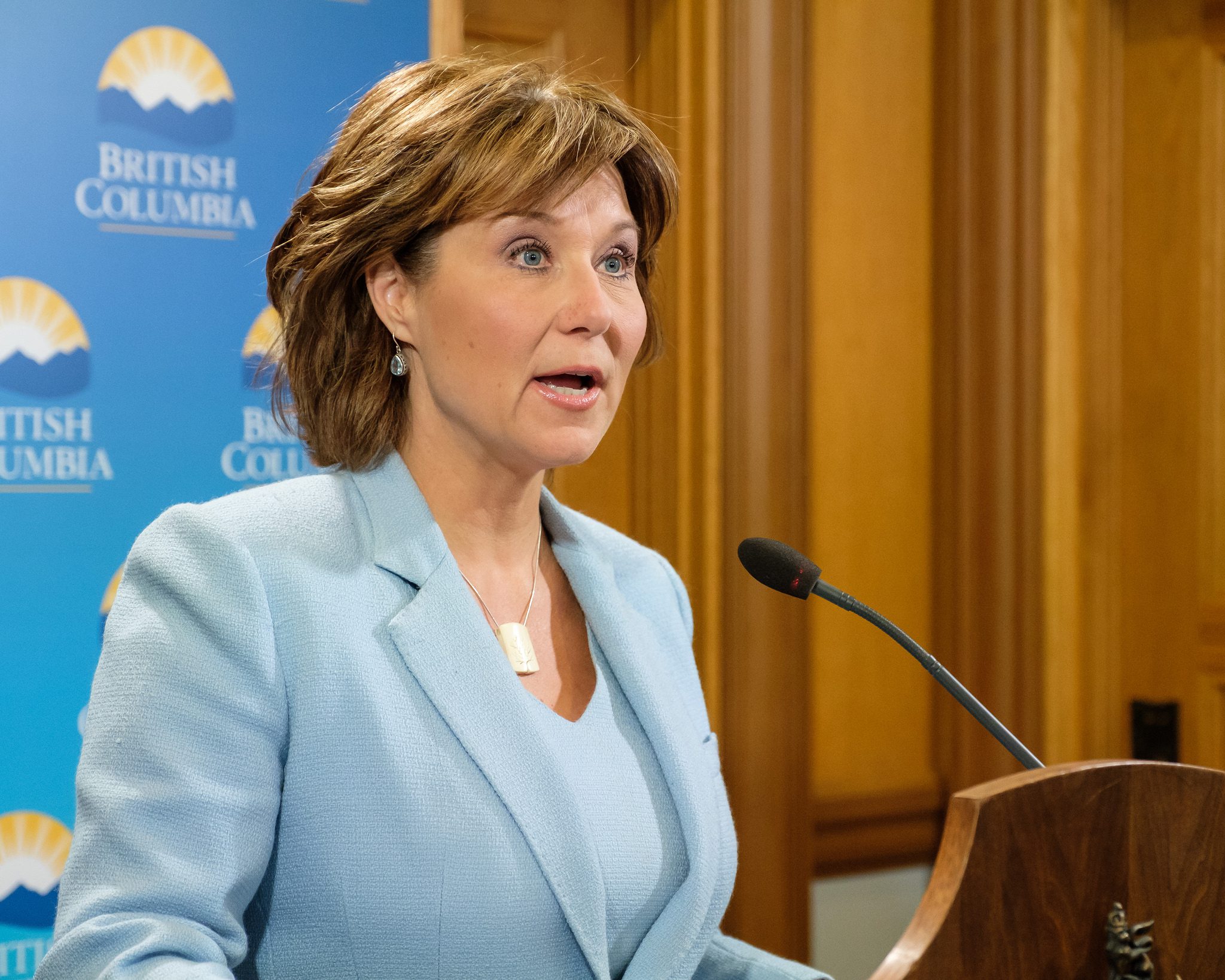British Columbian politics is one of the great victims of the modern Canadian attention span, existing, as it does, in that awkward space between the theoretically important and justifiably ignorable.
As the country's third-biggest province housing around 14% of the national population, what happens here would seem to bear some relevance to our larger national story. Yet few of Canada's mostly eastern-based political reporters are functionally literate in BC issues, and the province lacks a familiar set of narratives, characters, and stereotypes of the sort that can be used to get a handle on the political cultures of smaller places like Alberta and Saskatchewan.
Yet if next week's BC election goes largely ignored in greater Canada, British Columbians shouldn't get too miffed. Regardless of what outcome occurs, the consequences seem destined to be minor, though a few angles may still prove worth watching.
Can the NDP get elected?
If the BC NDP is put back in power after a 16-year-hiatus, the story will be dog-bites-man. The party is widely expected to win, and not for particularly exciting reasons. By wide margins voters simply say the ruling Liberals, first elected in 2001, have been in power too long, and it's time for a change.
They are not being unseated as punishment for any particularly enormous or galling scandal — critics can point to a handful of fairly complicated minor ones mostly revolving around bureaucratic mismanagement — and when they are blamed for governing the province badly, Liberal badness is mostly measured on issues which they could never realistically be expected to handle better than the NDP — namely, managing relations with a host of NDP-aligned public sector unions. More than anything else, they are simply a worn-out party drained of ideas and energy, run by a worn-out premier, Christy Clark, whom British Columbians have long found deeply unlikable on a visceral, personal level.
If the NDP gets in, they will deserve polite, modest credit for running a reasonable campaign based on their largely unknown leader's agreeable personality and simple, mildly populist message. John Horgan, who once told me he considers socialism an "outdated philosophy," has been no screaming Bernie Sanders on the stump, yet has still tirelessly hammered Premier Clark as a haughty tool of the rich. At a time when many British Columbians have grown resentful of skyrocketing real estate prices, $5,000-a-plate political fundraisers, and the general unaffordability of daily life, the notion that it's time for a government that "works for you" — Horgan's catchphrase — has more resonance then one might expect from such standard boilerplate.
If the NDP cannot win, however, it will be difficult to avoid concluding that the party has a severely crippling public trust deficit that will require massive work to overcome. And should that be required, it probably won't. Odds seem high the party will simply resign itself to hoping sixth time's the charm.
Should we care about the Green Party yet?
For over a decade, Canada's various Green parties have received unjustifiably sympathetic media coverage as reporters regurgitate the same "plucky-party-eyes-breakthrough" story year after year. If the Green Party of British Columbia can win more than one seat next week — that is, if they can swell beyond the riding currently held by leader Andrew Weaver, then many may assume the ancient prophecy is finally coming true. That would be a mistake.
Polls suggest any BC Green gains are likely to happen exclusively on Vancouver Island, which is already the location of both Dr. Weaver's seat and the seat of his national counterpart, Elizabeth May. The party's headquarters are in Victoria, where the mayor and several members of local city councils are considered Green-aligned.
In other words, if the Greens wind up representing the island with more seats in the provincial legislature it will be hard to conclude anything other than that this supposedly "national" partisan movement is simply a hyper-regional one, deftly embodying the idiosyncratic culture of the most stereotypically new-age corner of the country, but little else.
Fitting events into the national narrative
A victory for the BC NDP or Liberals, it should likewise be noted, will be similarly hard to spin into a story of much national relevance.
Mr. Mulcair may be delighted to see a second NDP provincial government take office during his tenure, but given a theoretical Premier Horgan is anticipated to soon get bogged down in disputes with Alberta's Rachel Notley over pipelines and coal taxes (the Alberta NDP taking a much softer line on environmental issues), a BC victory won't do much for even western Canadian social-democratic solidarity.
Similarly, though it's conventional wisdom in certain circles that the BC Liberals are "actually" conservatives in disguise, if Premier Clark realistically represents any flavor of conservatism — and as I told the National Post recently, I don't think she does — it's the most extreme watered-down Michael Chong variety (Chong himself has cited her government's carbon tax as inspiration for his own). The most logical conclusion to draw from her defeat would therefore be that watered-down conservatism isn't popular, but given all the noisy pundits like Scott Gilmore tromping about the landscape demanding the federal Tories repent for being too right-wing, don't expect to hear much about that.
Written by J.J McCullough









